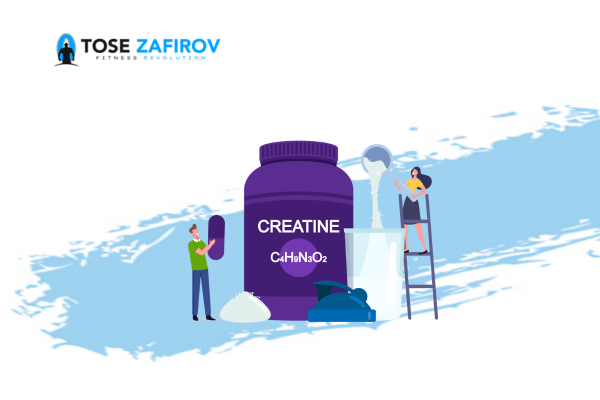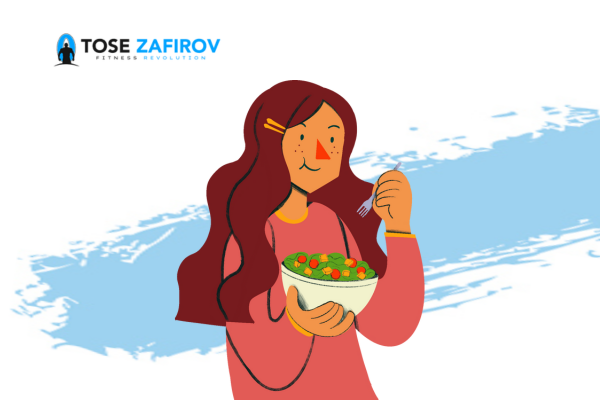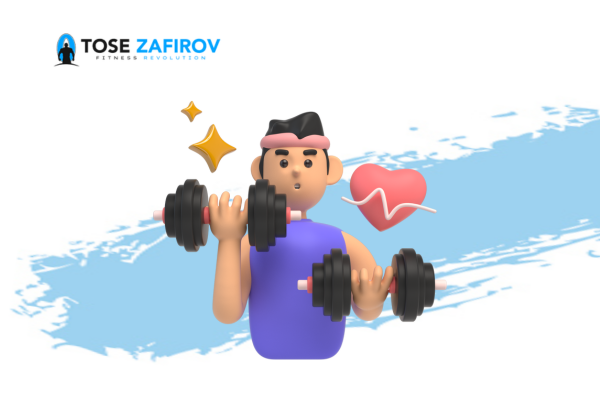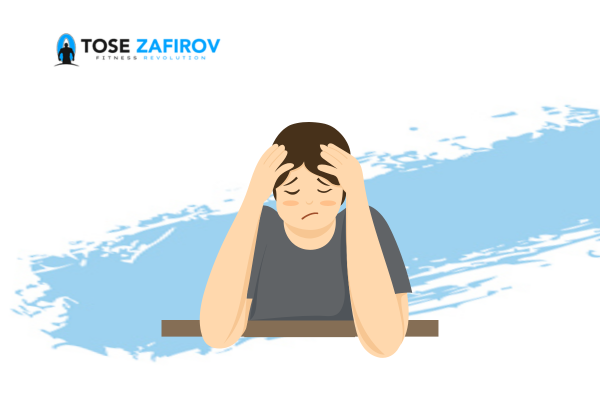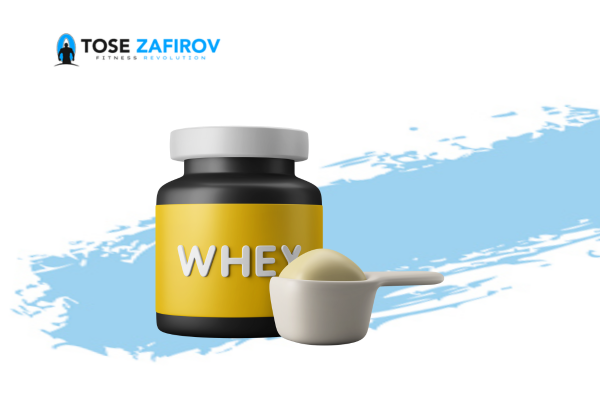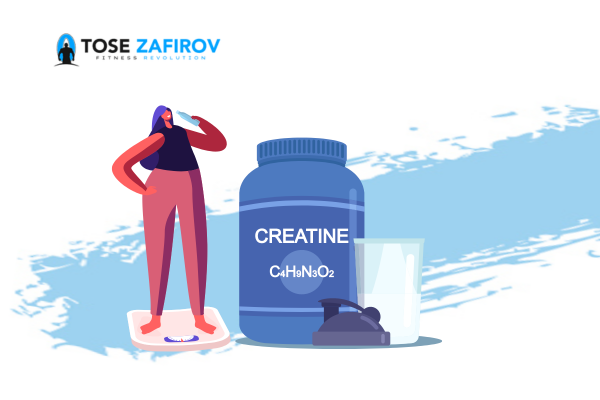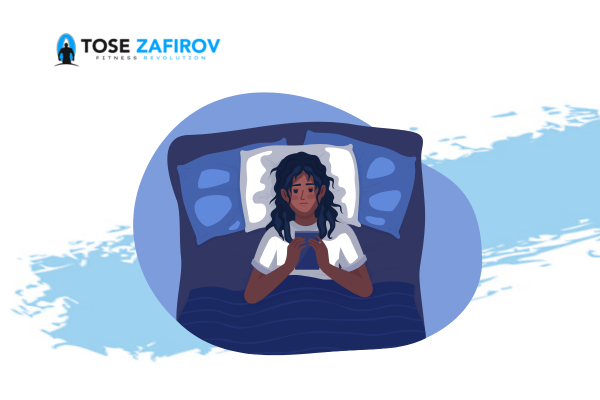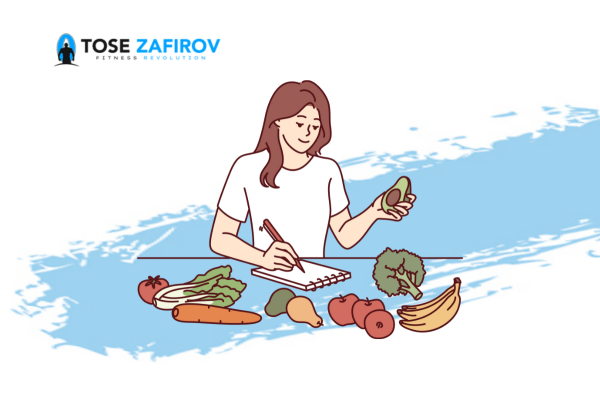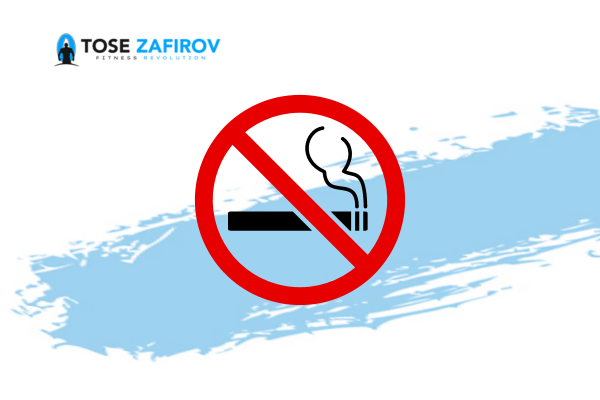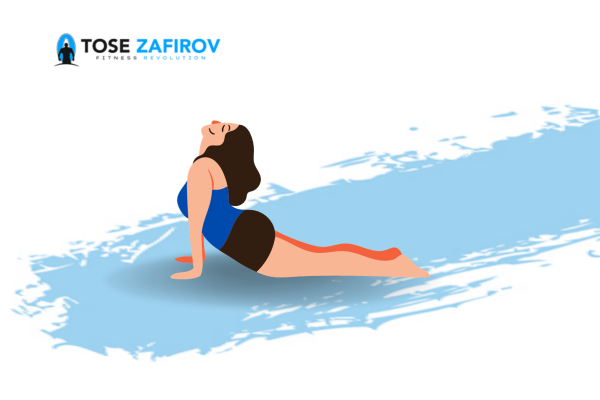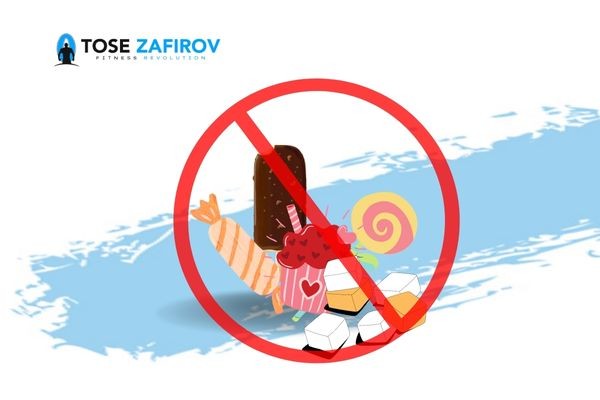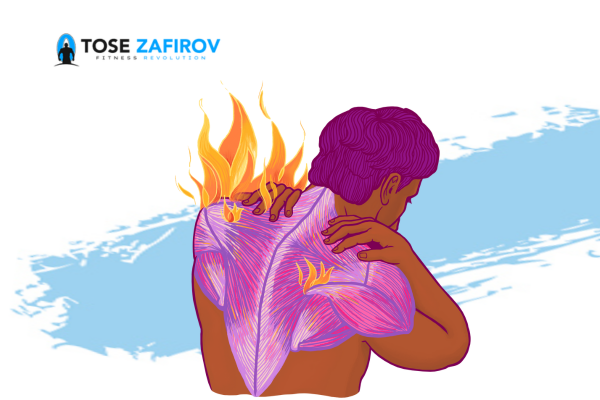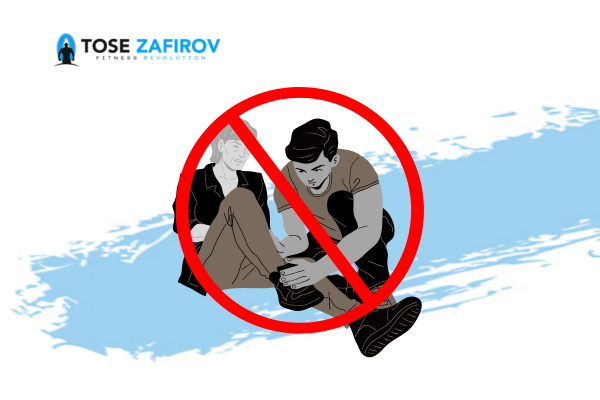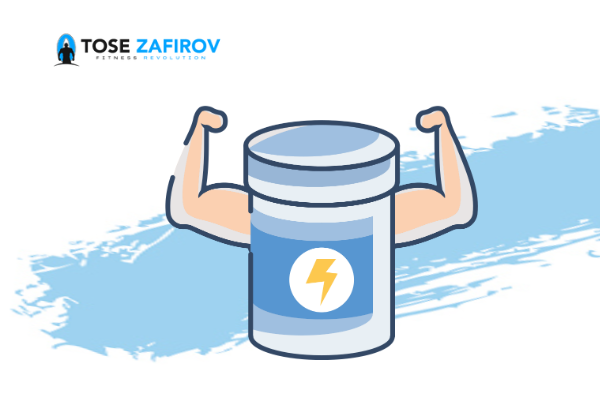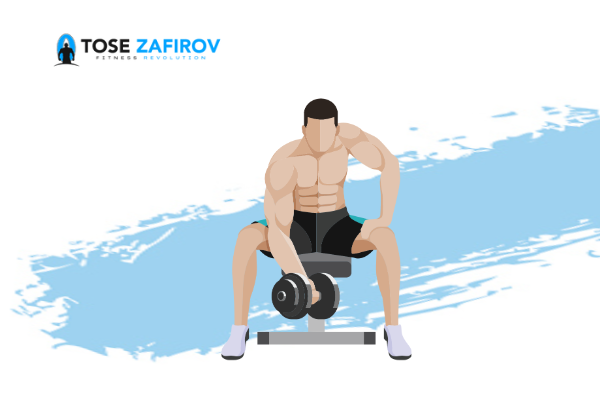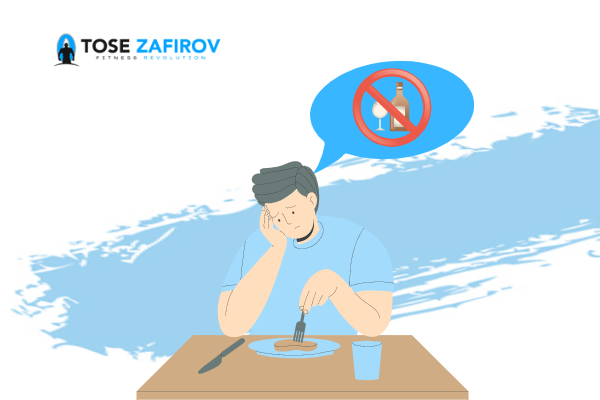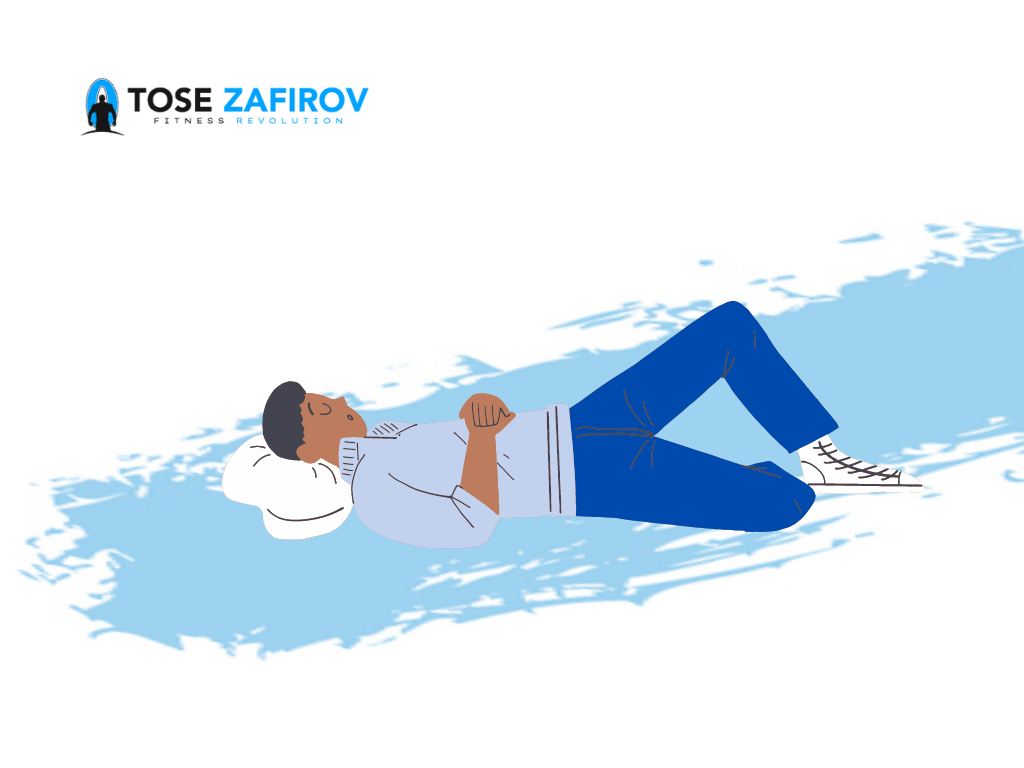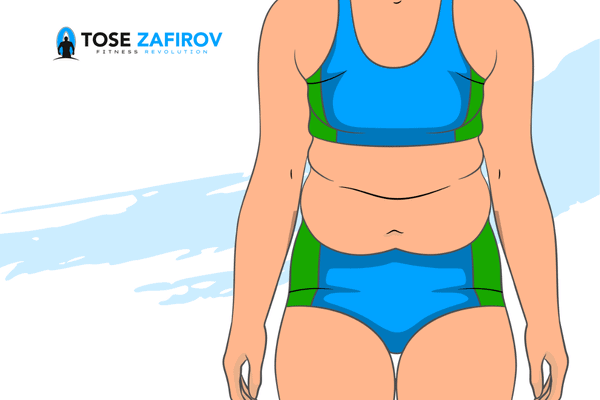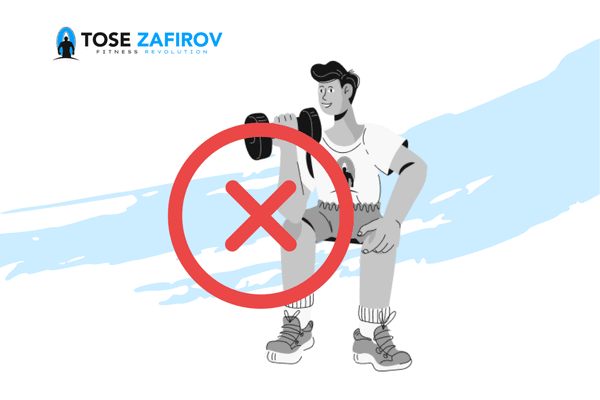What are calories?
Most people only associate calories with food and drink, but anything that contains energy has calories. 1 kilogram (kg) of coal, for example, contains 7,000,000 calories.
There are two types of calorie:
- A small calorie (cal) is the amount of energy required to raise the temperature of 1 gram (g) of water by 1º Celsius (º C).
- A large calorie (kcal) is the amount of energy required to raise 1 kilogram (kg) of water by 1º C. It is also known as a kilocalorie.
1 kcal is equal to 1,000 cal.
The terms “large calorie” and “small calorie” are often used interchangeably. This is misleading. The calorie content described on food labels refers to kilocalories. A 250-calorie chocolate bar actually contains 250,000 calories.
Figuring out Your Daily Calorie Intake Isn’t Rocket Science
Being conscious of your calorie intake can help you maintain a healthy weight, or lose a few extra pounds if necessary.
The average recommended daily caloric intake is 2200 calories for males, and 1800 calories for females. These values are based on an average weight and physical activity of the average male and female Singaporean. For a more personalised and accurate caloric requirement, you would need to take into account your age, gender, height, weight, and activity level.
Note
Portion Control Helps with Calorie Intake
One of the simplest and most effective methods for controlling your calorie intake is portion control. Often, we eat what is on our plate rather than what our body needs. By deciding beforehand how much we need and what goes on our plate, we are a lot more likely to succeed in controlling our diet and calorie intake.
Here’s a scenario: You’ve identified that your recommended daily calorie intake is 2,200 kcal. It’s now time for dinner, and you’ve already consumed 1,500 kcal throughout the day. That leaves you with an allowance of 700 kcal for dinner. You should then portion what goes onto your dinner plate accordingly to keep those extra pounds away.
A range of dishes on your dining table to choose from:
- Brown rice — 137 kcal (½ bowl)
- Deep-fried lemon chicken — 347 kcal (100 g)
- Sambal egg — 67 kcal (1 egg)
- Beef rendang — 201 kcal (90 g)
- Fishball soup — 53 kcal (½ bowl)
- Stir-fried spinach — 163 kcal (100 g)
- Ice cream— 136 kcal (1 scoop)
To achieve your target of 700 kcal, you can only pick, for example, the brown rice (137 kcal) + beef rendang (201 kcal) + sambal egg (67 kcal) + fish ball soup (53 kcal) + spinach (163 kcal), which would add up to 621 kcal. If you wanted the scoop of ice cream, you would have to forgo another item such as the sambal egg.
Depending on your physical output for the day, you might also want to adjust your food intake accordingly. For example, if it’s the weekend and you did nothing but sit in front of the TV all day, you could consider adjusting your portion downwards.
Pro Tip
Effective portion control is a key strategy for managing calorie intake, ensuring you stay within your daily limits and make informed choices about what goes on your plate, helping you maintain a balanced and healthy diet.
Why Is It Important to Watch Our Daily Calorie Intake?
Consuming too many calories which we do not use up will lead to weight gain. Studies show that when our body weight is at an unhealthy range, we are at a higher risk of health problems such as high blood pressure, type 2 diabetes, among other chronic diseases.
Factors that impact your caloric intake
A calorie is a measure of the energy in food.
To maintain your weight, energy in must equal energy out (calories consumed vs. calories burned).
Eat fewer calories than you burn, and you’ll lose weight.
But if you consume more calories than you need, your body stores that energy for later (in the form of extra padding on your hips and around your middle).
Everybody’s daily calorie needs are different, which can make it hard to figure out the magic number. In general, men need more calories than women. Active people need more than those who have desk jobs. And younger people need more than older people, whose metabolisms slow down as they age.
These factors can impact your caloric intake:
- Sex.
- Height.
- Weight.
- Age.
- Activity level.
- Hormones.
- Medications
Quality of Calories, Not Just Quantity
Consuming the right number of calories is a good first step towards achieving a healthier body. However, you should know that not all calories are equal. Keeping to the calorie count on a diet consisting of only sugary cakes, meat dishes, or a glass of wine is far from ideal. This is because your body needs a variety of vitamins and minerals, as well as fibre to function properly.
Eating healthy is not limited to eating the right amount and the right mix. It is also important for optimum nutrition to choose healthy foods prepared with healthier options and ingredients. Steamed chicken, for example, is far healthier than deep-fried chicken.
For example, wholegrains are healthier than refined grains (white rice or bread) as they contain more vitamins, antioxidants and fibre. In addition, they also keep you filling full for longer, which helps reduce the risk of overeating. Choosing healthier cooking oils are also important as they can affect your body’s good (HDL) and bad (LDL) cholesterol levels.
Tips for Sticking to Your Daily Calorie Intake
Here are six useful tips to help you achieve your food intake target:
- Order less — The tendency, with big groups especially, is to order more than you can finish. Even if you can finish what’s on the table, it’s likely that you would have busted your recommended daily calorie intake.
- Pack leftovers — If you’ve ended up over-ordering, it doesn’t mean that you have to finish it all to avoid food wastage. Don’t be afraid to ask for unfinished dishes to be packed for takeaway.
- Share your food — When eating out, it isn’t always easy or possible to control the amount of food that comes to you. If you know beforehand that the portions are too large, get a friend to share a meal with you.
- Be flexible — Remember that the recommended calorie intake figure is a daily target. If you overate at breakfast, try to make up for it at lunch or dinner or by cutting down on your snacks.
- Keep healthy snacks handy — Achieving your target doesn’t have to involve depriving yourself of food. It’s about eating smart. Whenever you’re feeling hungry, have a healthy low-calorie snack ready such as a chilled fruit or yoghurt, instead of high-calorie foods such as potato chips or fries.
- Choose healthier food options when eating out — Look out for HPB’s healthier dining identifiers on menus in partner food courts and restaurants. These identifiers indicate if the dishes use a healthier oil, wholegrains, or are lower in calories
Note
Successfully sticking to your daily calorie intake is facilitated by practical tips such as ordering less, packing leftovers, sharing meals, being flexible with daily targets, keeping healthy snacks accessible, and choosing healthier options when dining out, promoting a sustainable and balanced approach to managing your diet
The bottom line
Calories go beyond mere numbers—they impact your weight, health, and overall well-being. Understanding and managing your daily caloric intake through personalized approaches, portion control, and choosing nutrient-dense foods are key factors in achieving a healthy lifestyle.


